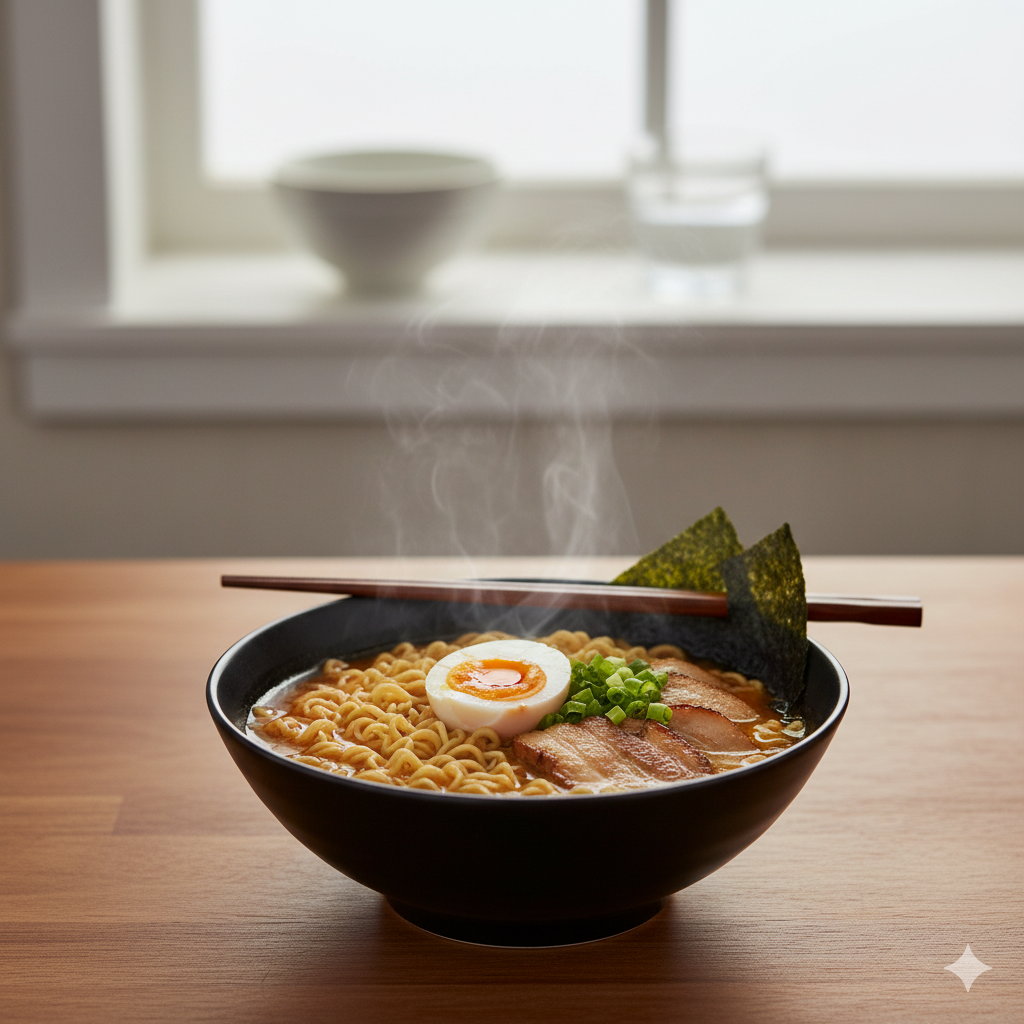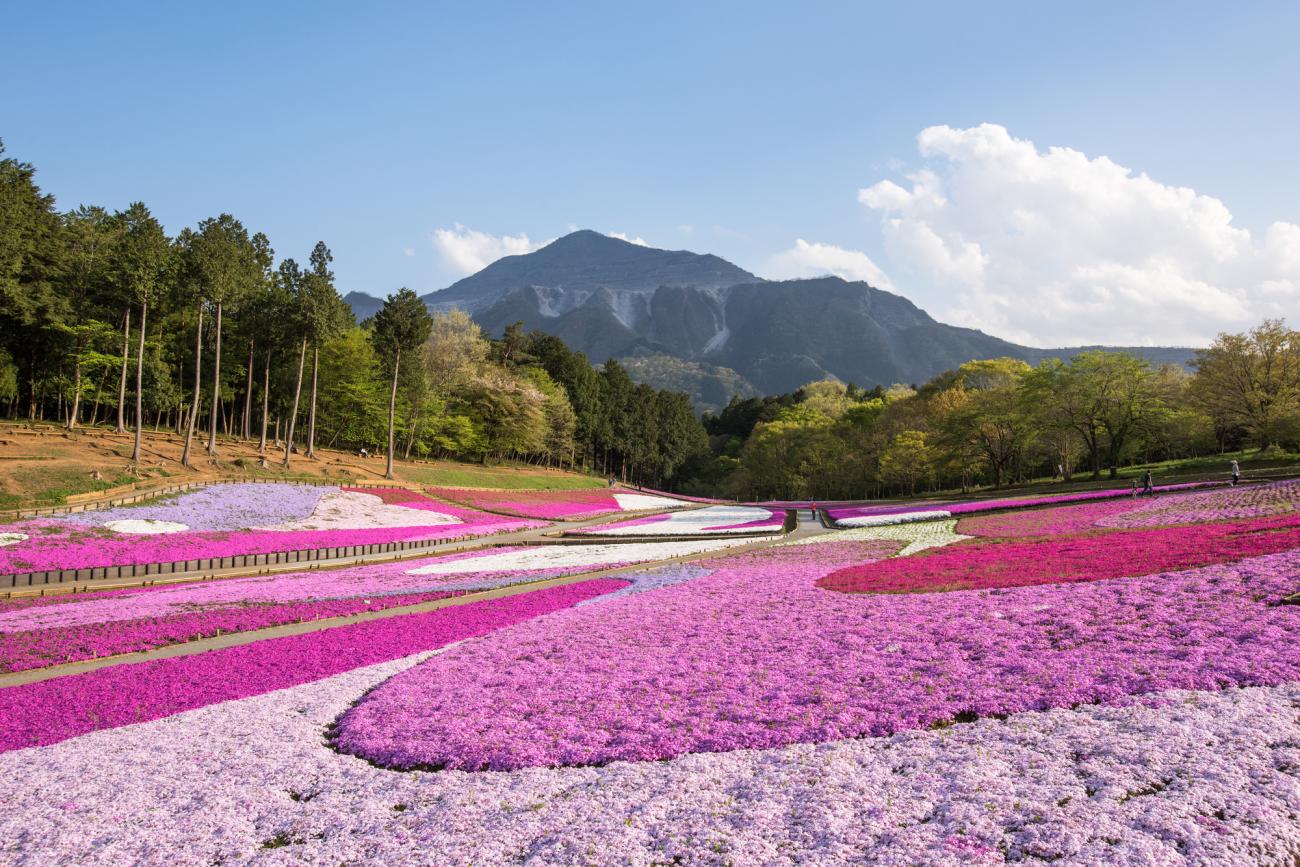Instant Noodles at Customs: What Japan Actually Allows

For many travelers heading to Japan, particularly from Southeast Asia, bringing a personal supply of favorite instant noodles from home feels like a necessity. However, beneath this common desire lies a rigorous set of Japanese customs regulations regarding food imports. Understanding these strict limitations is key to ensuring a smooth entry and avoiding unnecessary confiscation by border officials.
The Core Rule: The Ban on Animal Products
The single most stringent Japanese regulationand the one that most frequently impacts instant noodles, is the near-total ban on importing meat and processed animal products without an official, valid quarantine certificate. This prohibition is strictly enforced to protect Japan's agricultural sector from contagious animal diseases like Foot-and-Mouth Disease and avian influenza. In the context of instant noodles, the problem almost always lies in the seasoning packets and oil sachets. Many popular instant ramen brands use meat-based broths (beef, pork, or chicken) or concentrated meat extracts in their flavorings. If the powder or paste seasoning is found to contain any animal derivative, even in minute quantities, the entire product will be confiscated and destroyed. Japanese customs and quarantine officers are extremely thorough; they do not distinguish based on whether the product is commercially packaged or highly processed. If the ingredients list explicitly mentions meat, meat extract, bone powder, animal fat, or concentrated broth, the risk of seizure is exceptionally high.
Categories of Instant Noodles That Are Allowed
To ensure your instant noodles clear customs without issue, you must confirm that the product falls into one of these permissible categories. Seafood or Fish-Based Instant Noodles are generally safe, provided that the accompanying seasonings and toppings do not contain elements of mammalian or poultry meat. Processed, dried, or canned seafood is widely permitted. Vegetarian or Vegan Instant Noodles are the safest bet. Noodles explicitly labeled as purely vegetable-flavored, or those that are certified vegan, should pass scrutiny, as the flavorings are entirely derived from plant sources or spices. Finally, Instant Noodles Containing Only Simple Spices/Salt are usually acceptable. Some plain noodles or those marketed as simple stir-fry varieties, where the flavor base consists only of vegetable oil, soy sauce, or chili powder without any animal broth, can be allowed.
Quantity Limits and The Declaration Requirement
Even if you carry permissible (meat-free) products, you must still adhere to quantity limits and the declaration protocol. Quantity Limits are not strictly defined for instant noodles, but all imported food must be for personal use and not for commercial purposes. If you carry an unusually large quantity, such as multiple large cartons, officials may impose limitations or duties. A reasonable amount for personal consumption during your trip is typically accepted. The Declaration Requirement is non-negotiable. Regardless of what packaged food you bring, including snacks, sweets, and instant noodles, you must declare it on the Customs and Quarantine forms. Attempting to conceal food is illegal and can lead to fines. An honest declaration is the first step toward smooth clearance. If you have instant noodles, declare that you are carrying "packaged food" and be ready to present the items for inspection if requested. In summary, bringing instant noodles into Japan is possible but requires due diligence. The key is to scrupulously read the ingredients list and avoid any product that lists beef, pork, chicken, or related animal extracts in the seasoning. A small oversight can lead to confiscation, so make sure your ramen is as purely vegetable or seafood-based as possible.



